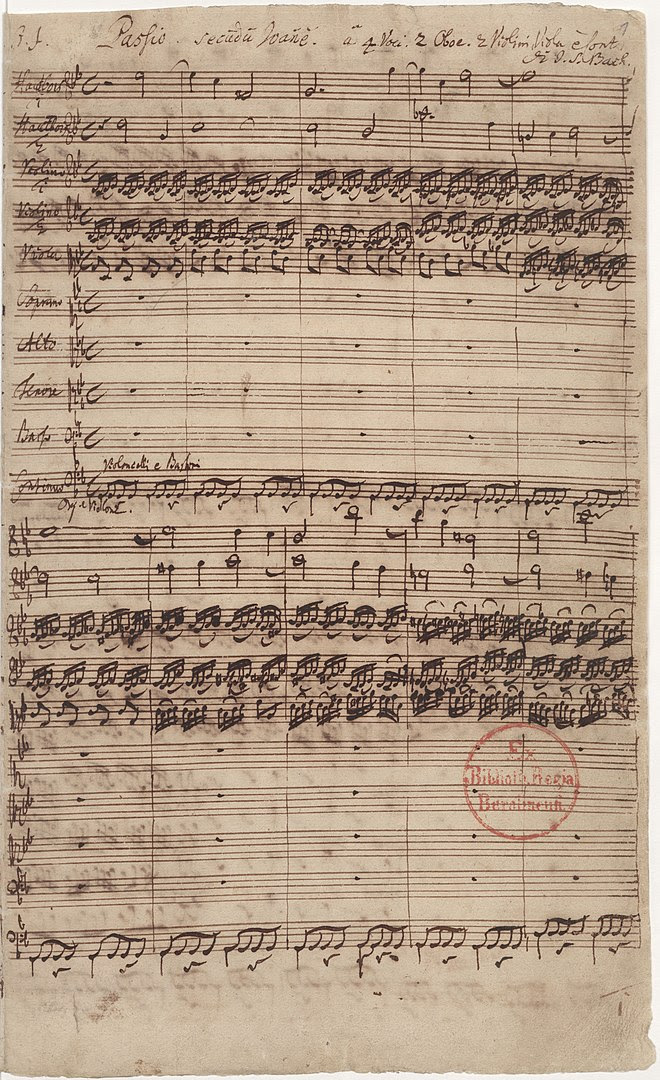By Andrew Freedman, MTBC
Whether you prefer silly love songs or like that old time rock ‘n’ roll, music has been proven to – in the words of singer Bob Seger – soothe the soul.
In fact, music has such a powerful effect on mental health and well-being that it can help many people, from children to older adults, cope with mental health problems, including anxiety and depression.
Penn Medicine Princeton House Behavioral Health offers group music therapy sessions as part of its inpatient and intensive outpatient programs for children, adolescents, adults and seniors.
Gives Voice to Your Feelings
As the American Music Therapy Association notes, music therapy uses musical interaction as a means of communication and expression for individuals with mental health concerns.
Music therapy can involve playing an instrument, singing, listening to music or even exploring lyrics with the goal of giving a voice to individuals who may be having a difficult time processing information or expressing themselves.
Research has shown that music therapy can help people:
- Improve self-image and increase self-esteem
- Decrease anxiety and stress
- Increase verbalization
- Enhance interpersonal relationships
- Increase motivation
- Provide a safe emotional outlet
What’s more, you don’t need to know how to play an instrument or have any musical background to participate in and benefit from music therapy.
Helps in Healing
Music therapists can be trained in a wide range of clinical skills, including communication, cognitive neuroscience, psychological disorders, as well as chronic illness and pain management.
In addition to supporting you in expressing your feelings through music, a music therapist can help you explore ways to change how you’re feeling by listening to music.
Several studies have shown, for example, that listening to soft, soothing sounds when you’re feeling angry or stressed can help reduce blood pressure and bring about feelings of calm.
Music therapy can also help cultivate mindfulness and teach people how to stay present in the moment. Additionally, it can support people in evaluating their inner monologue and breaking free of negative self-talk. It can also help individuals break through rigidity and accept imperfection.
Music therapy is especially beneficial for adolescents as they work through the trials and tribulations of the teenage years, creating a healing environment during a time of uncertainty.
Pitch Perfect
At Princeton House Behavioral Health, each music therapy session is tailored to the unique needs of the group on that specific day. Sessions usually begin with a mindfulness-based activity, followed by a musical activity.
A variety of instruments are available, from keyboard to xylophone, and a range of percussion instruments. Ukuleles and guitars are also available.
However, music therapy is not about musical ability.
Whether you are an accomplished musician or are totally new to musical expression, the goal of music therapy is to meet in the middle and connect, to use the structure of the music to open up individually and as a group.
Each session typically ends with a grounding exercise that pulls everything together.
The process can help with:
- Mood regulation
- Stress tolerance
- Impulse control
- Cultivating positive relationships
In addition to music therapy, Princeton House Behavioral Health also offers the following expressive therapies as part of its treatment programs:
- Dance/movement
- Art
- Journaling
- Relaxation and stress management
Create a Mental Health Playlist
As “pandemic playlists” have become popular, mental health playlists can be particularly beneficial for those who are struggling.
In the digital age, creating these playlists has become easier using music apps. When creating a playlist consider including songs that:
- Feel supportive and grounding
- Match your mood to help process emotions like sadness, anger,or happiness
- Progress from matching a difficult emotion to a more desired emotional state
Keep in mind that listening to a happy song when you’re angry might make you feel invalidated. However, if you are playing music that matches a difficult emotion, it is important to be mindful of your mood so you know when switching gears may help you achieve a more desired emotional state.
In music, everything is important – the rhythm, the lyrics, the tone. It is the same with therapy.
By using music therapeutically, you can experience how each piece fits together as a whole, and open up to expressing the emotions within.
For more information about Penn Medicine Princeton House Behavioral Health, visit www.princetonhouse.org or call 888-437-1610.
Andrew Freedman, MTBC, is a music therapist at Penn Medicine Princeton House Behavioral Health’s Moorestown location.

